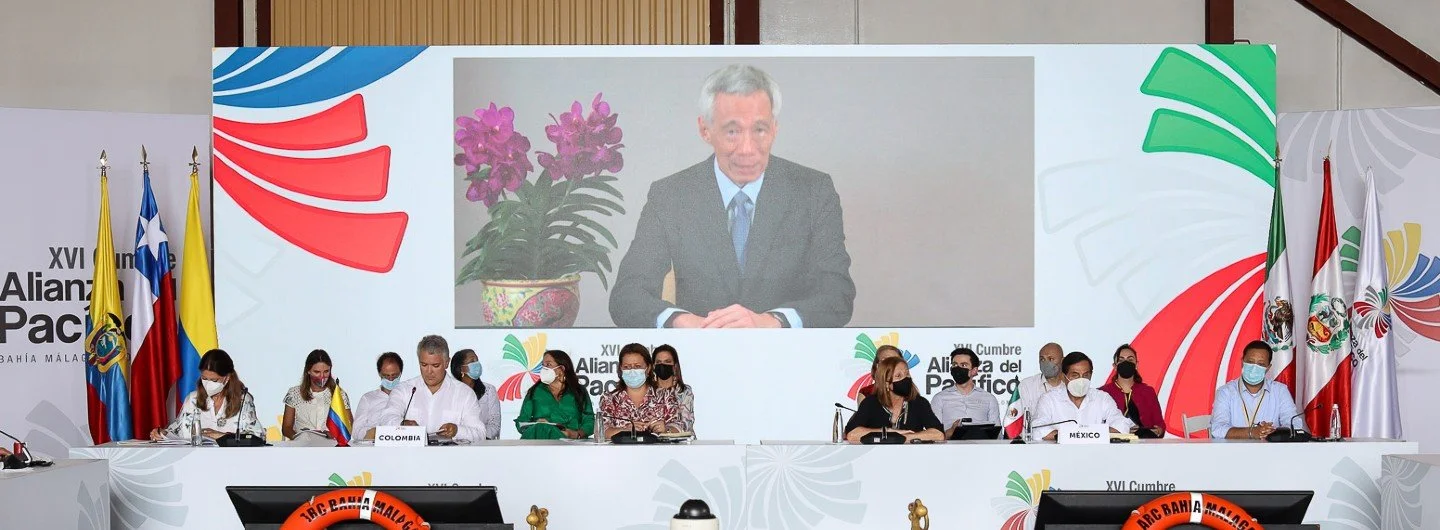On Jan 26, 2022 Singapore signed a Free Trade Agreement (FTA) with the Pacific Alliance (PA), a regional economic bloc made up of Chile, Colombia, Mexico and Peru representing more than USD 2 trillion in GDP. The Pacific Alliance Singapore FTA (PASFTA), has been touted as a “landmark moment” for Singapore’s partnership with Latin America with the potential to strengthen investment and market access opportunities for Singapore and PA countries. Despite the agreement’s potential, there remain economic, institutional and political factors that could affect the PA’s potential impact on Singapore and the region’s trade and investment opportunities. The PA has done a remarkable job in establishing itself as a platform with the potential to increase trade an investment between Latin American and the Asia-Pacific region. However, structural obstacles to intra-alliance trade, overlapping regional economic integration efforts and risks to institutional continuity will shape the size of the PA’s impact and influence in the region.
Unpacking the Digital Economy Partnership Agreement (DEPA)
The DEPA sits in the middle. It sets out a series of modules covering a range of topics of relevance to firms that trade digital services, ship goods across borders via e-commerce, or are otherwise involved in the digital and technology space. These modules are meant to be building blocks. Countries could opt to dock directly onto the DEPA, expanding the agreement with new members. Or governments could decide to pick up and use modules, in whole or in part, in various settings. These include slotting them directly into other trade agreements or opting to align domestic policies to DEPA. The significance of DEPA does not sit with the current three members, who have largely already agreed to uphold the same commitments and principles in the agreement under their Comprehensive and Progressive Trans-Pacific Partnership (CPTPP) membership. Instead, DEPA matters if and when more governments agree to use the modules or align domestic policy with its framework and structure. The spread of DEPA is key—if non-members who are considering problematic rules on the digital economy could be encouraged to join, the agreement will be seen as a critical turning point for policy on digital issues.


